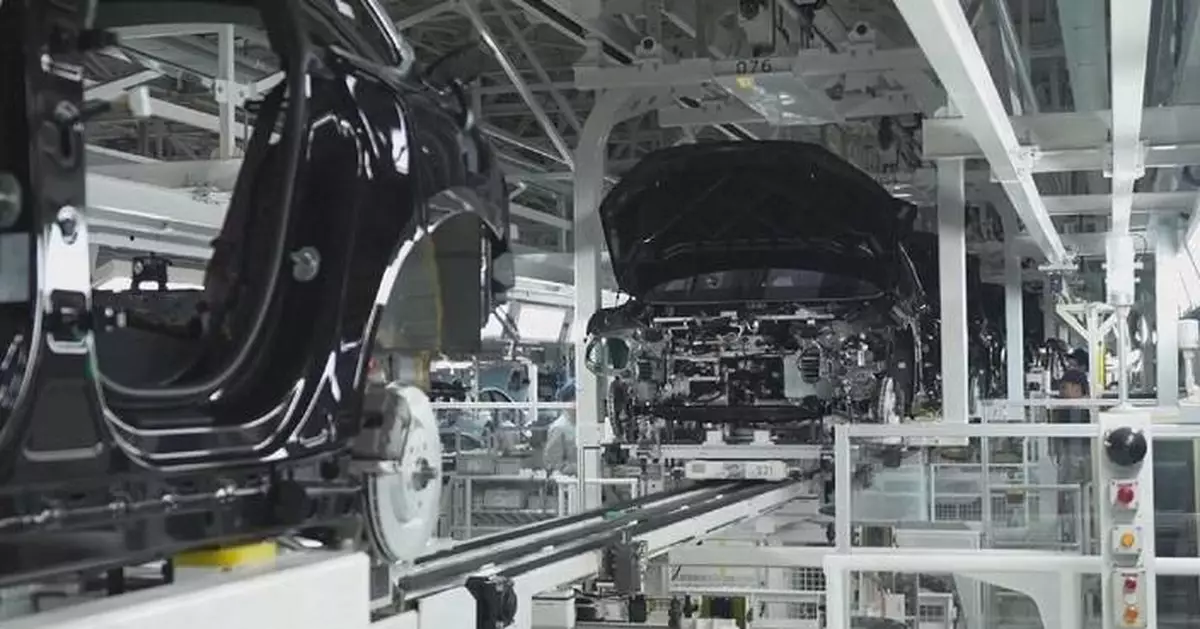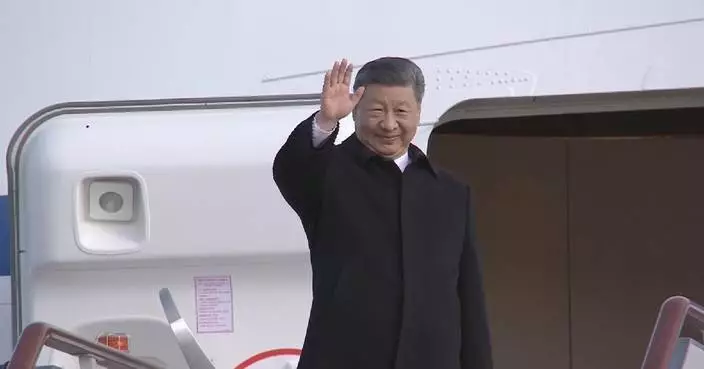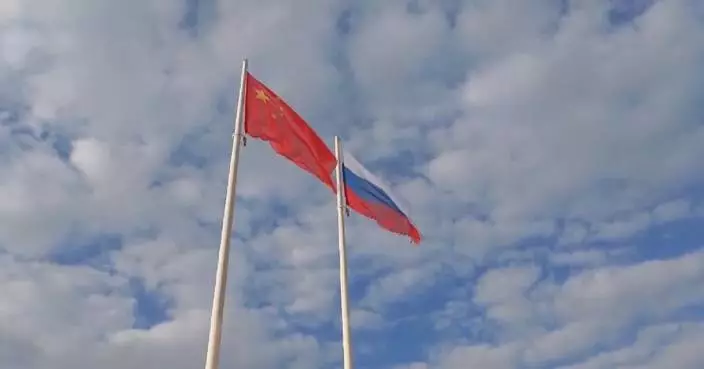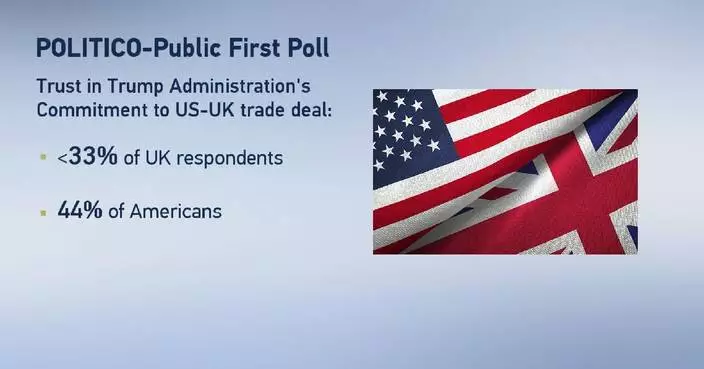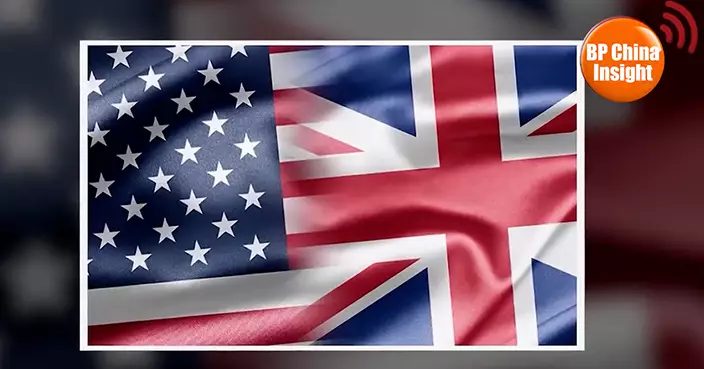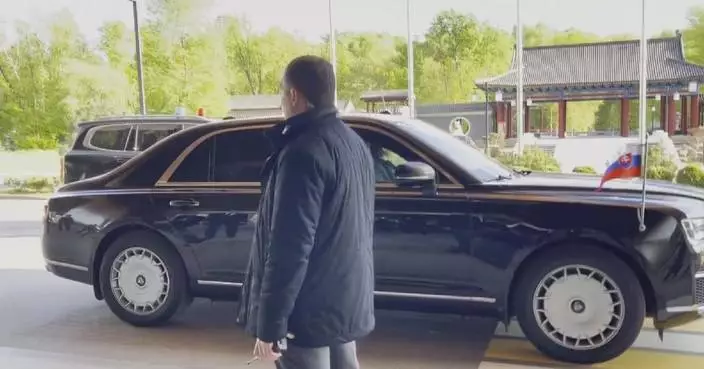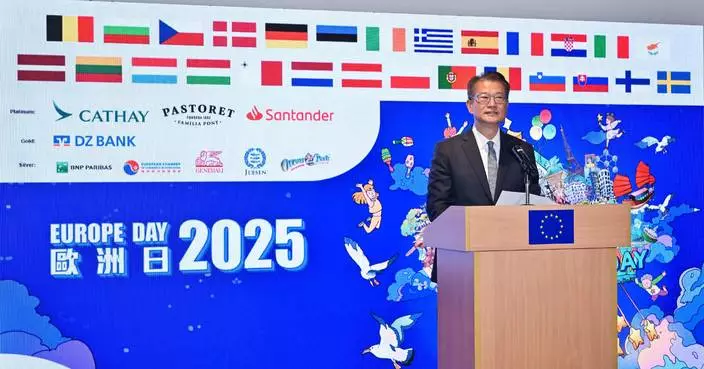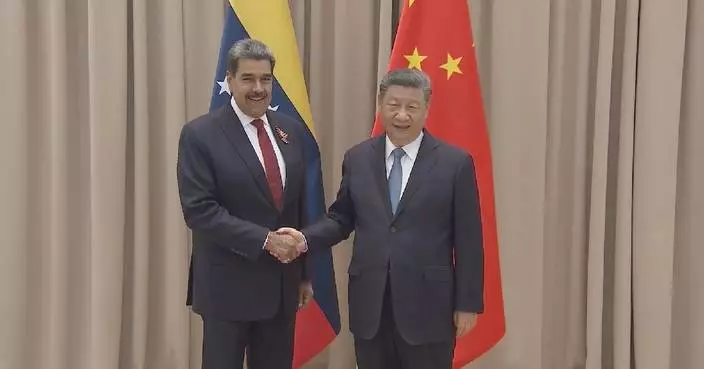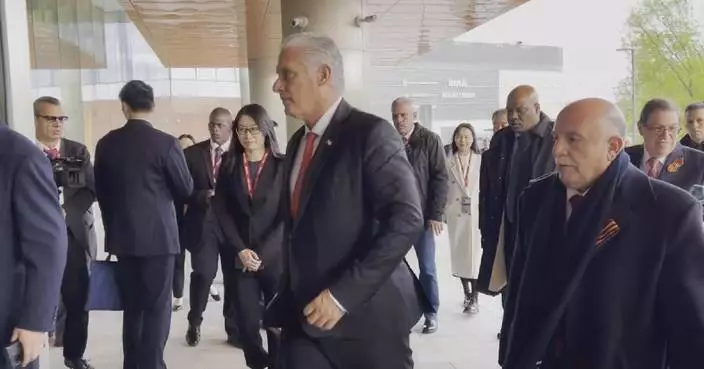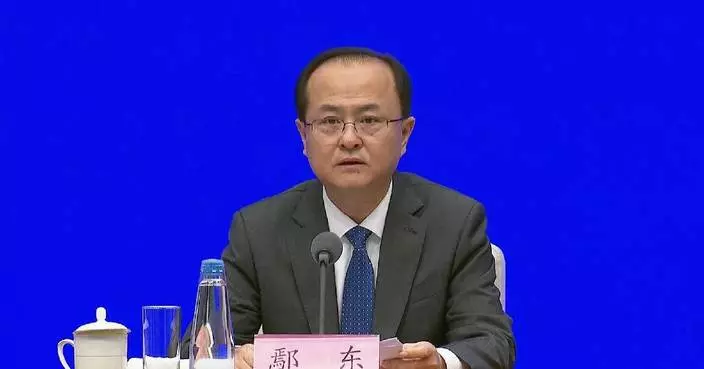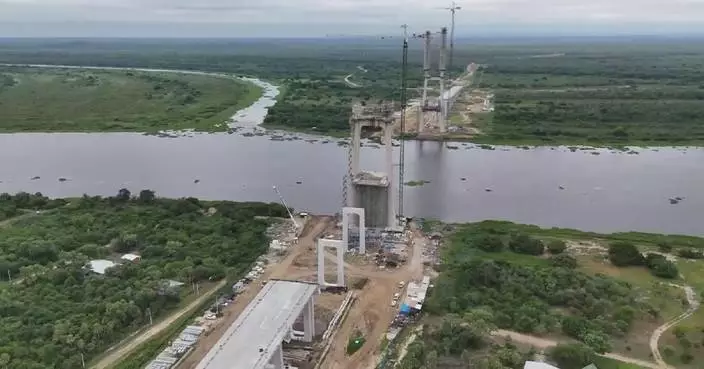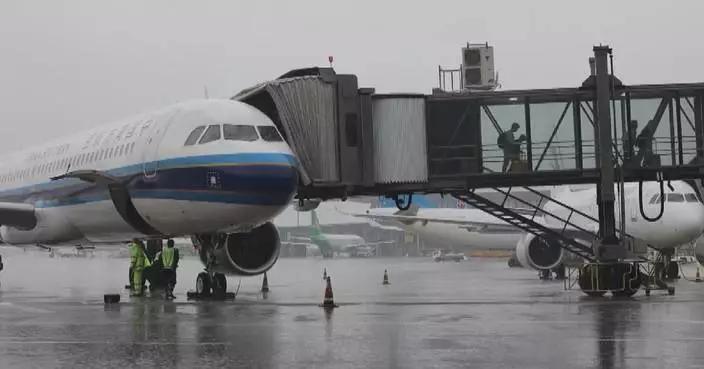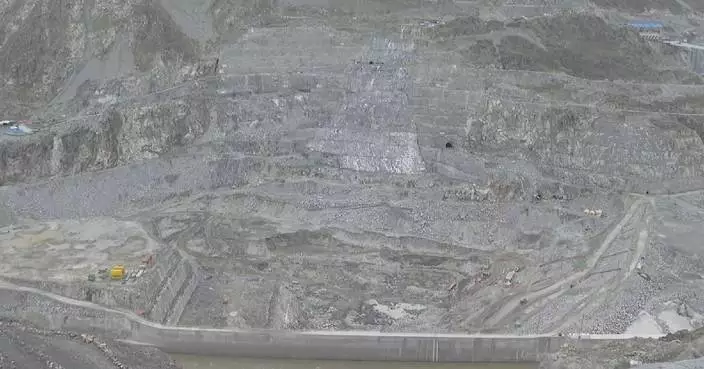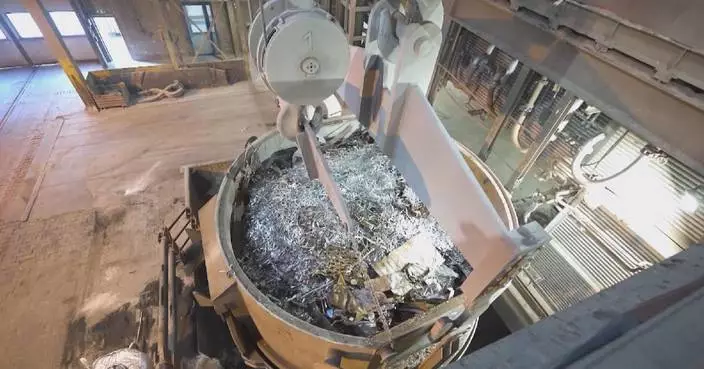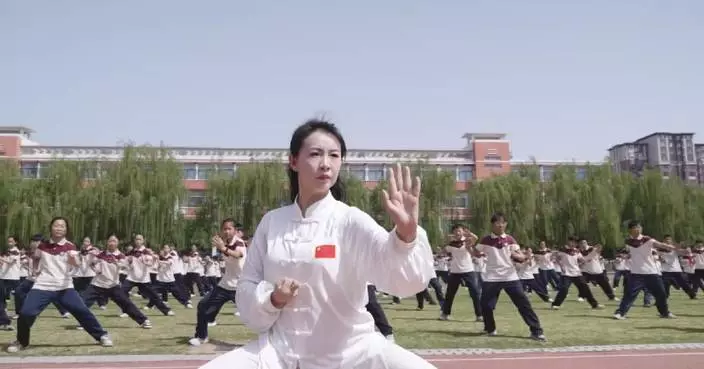China's auto sector hit a new milestone in 2024 with both production and sales exceeding 31 million units, according to data released by the China Association of Automobile Manufacturers on Monday.
Last year, China produced more than 31.28 million units of automobiles, up 3.7 percent year on year, while car sales expanded 4.5 percent to nearly 31.44 million units, showed the data.
Click to Gallery
China's auto output, sales reach new heights in 2024
China's auto output, sales reach new heights in 2024
China's auto output, sales reach new heights in 2024
China's auto output, sales reach new heights in 2024
China's auto output, sales reach new heights in 2024
The data also revealed that both production and sales of new energy vehicles (NEVs) exceeded 12 million units, ranking first in the world for 10 consecutive years.
Chen Shihua, deputy secretary-general of the association, said the strong figures could be attributed to support from government programs.
"The intensive car trade-in policy and various consumption promotion activities carried out by local governments have a very strong driving effect on automobile consumption. The proportion of new energy passenger vehicles in domestic sales of passenger vehicles has exceeded 50 percent for seven consecutive months," he said.
Experts have predicted that China's auto sales will reach around 32.9 million units in 2025, with the sales of NEVs estimated at 16 million units.
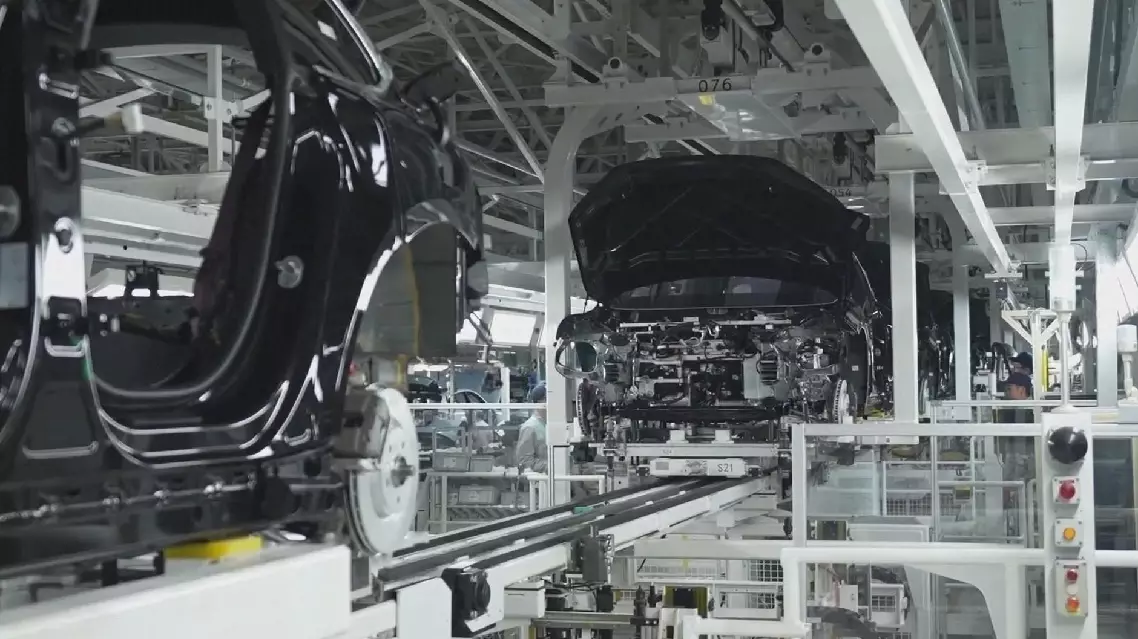
China's auto output, sales reach new heights in 2024
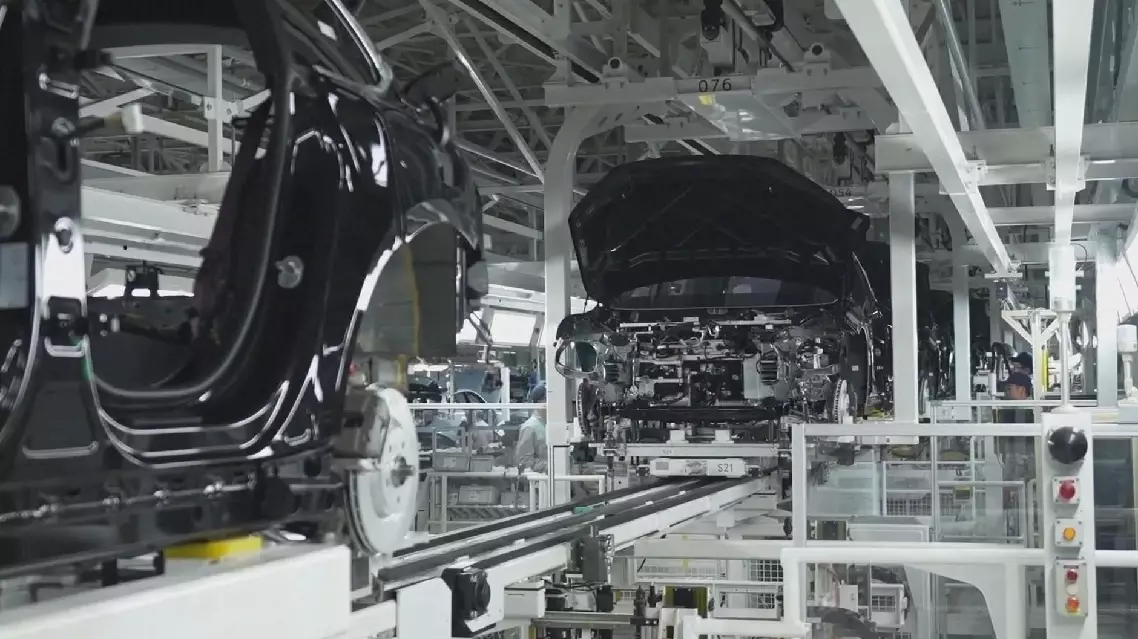
China's auto output, sales reach new heights in 2024
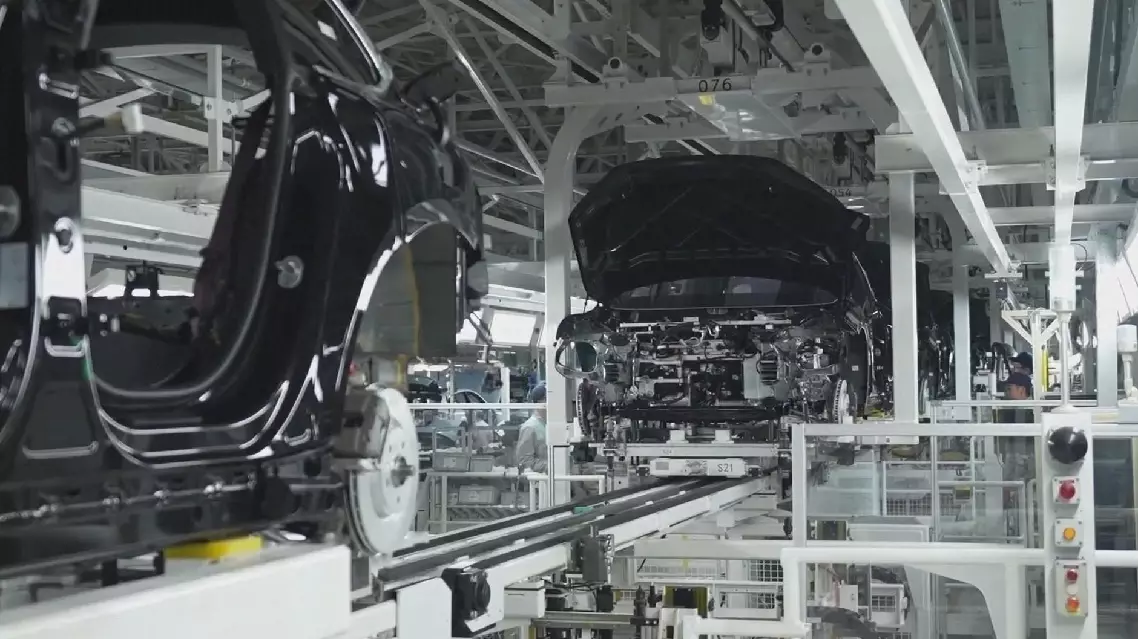
China's auto output, sales reach new heights in 2024
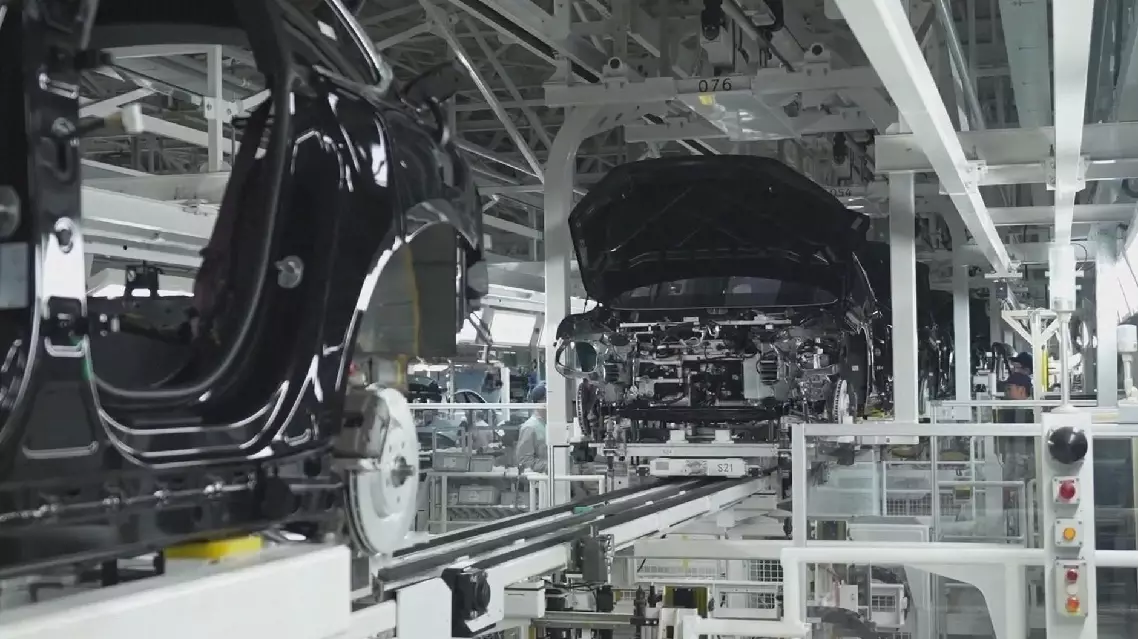
China's auto output, sales reach new heights in 2024
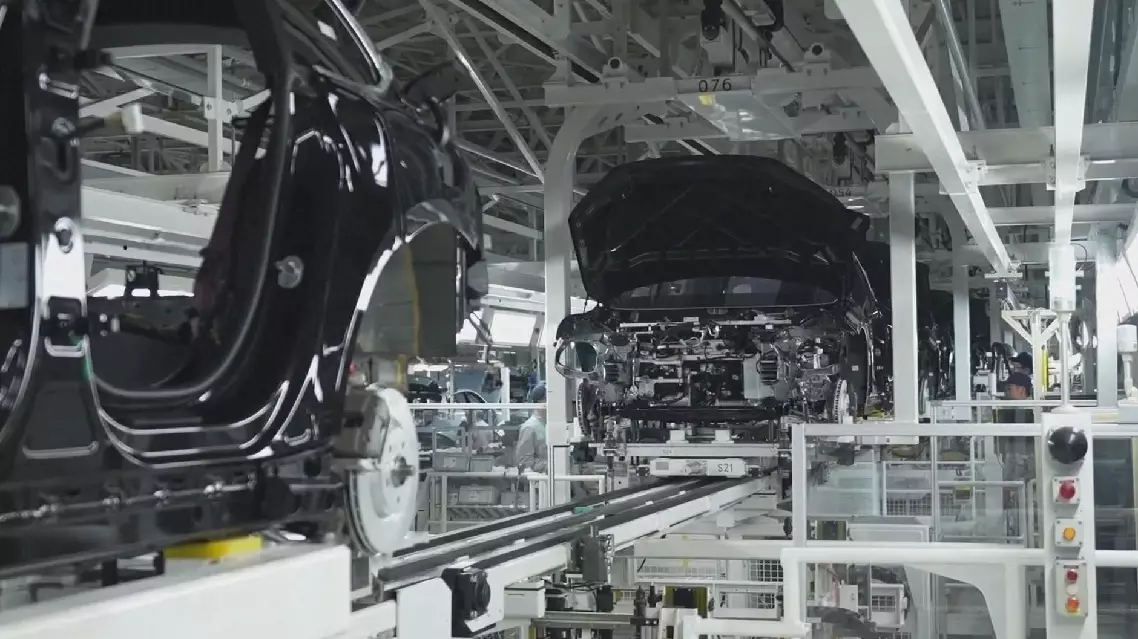
China's auto output, sales reach new heights in 2024
Experts from both Russia and China have emphasized the growing importance of the Russia-China relationship, describing it as a model for global collaboration, rooted in mutual respect and shared interests.
Alexander Lukin from the Russian Academy of Sciences highlighted the importance of avoiding global conflict and working together, while Zhao Long from the Shanghai Institute for International Studies underscored the commitment to upholding post-WWII order and creating a more sustainable global governance structure.
"Russia and China are a perfect example of a new type of relationship of great powers or big powers like you say in China. And this is the kind of the world that we actually want to see. You asked what kind of world we want to see, we want to see a world where greater powers or big powers cooperate with each other like they did during WWII as allies, and a short period after the WWII. Unfortunately, this corporation collapsed, because they began to fight each other or struggle with each other, and the cold war began. I don't think we need a new third world war to understand that we all need to cooperate with each other. In a way, just like Russia and China do, without necessarily agreeing on every single issue. But at the same time, thinking positively about this corporation and each other," said Lukin, academic head of Institute of China and Contemporary Asia of Russian Academy of Sciences.
"The China-Russian comprehensive partnership sends a clear signal, a message to the world that the major powers are still capable of engaging one another on the basis of equality, mutual respect and shared interest, and also shows our commitment to secure and uphold the so-called post war world order and also to aiming for creating a more equal and sustainable global governing structure," said Zhao, deputy director of Institute for Global Strategic and Security Studies of Shanghai Institute for International Studies.
Together, the insights from Lukin and Zhao stressed the growing importance of Russia-China relations in shaping a stable and cooperative global future.
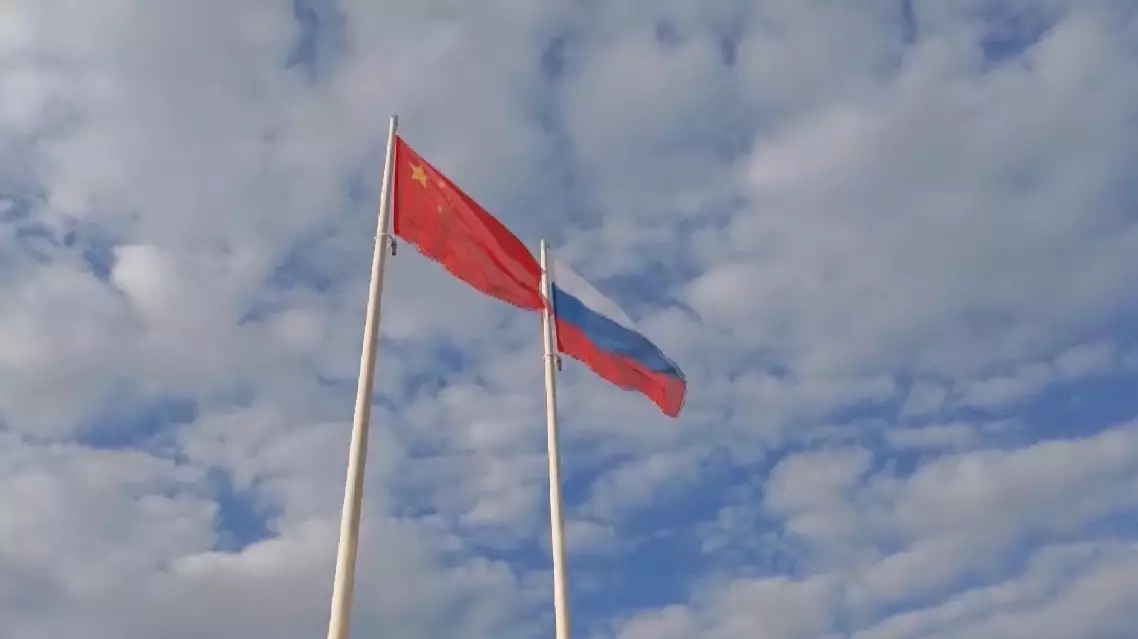
Russia-China relations highlight new model of global cooperation: experts







